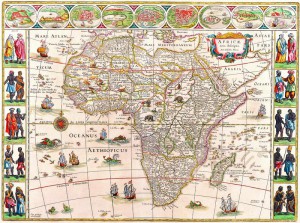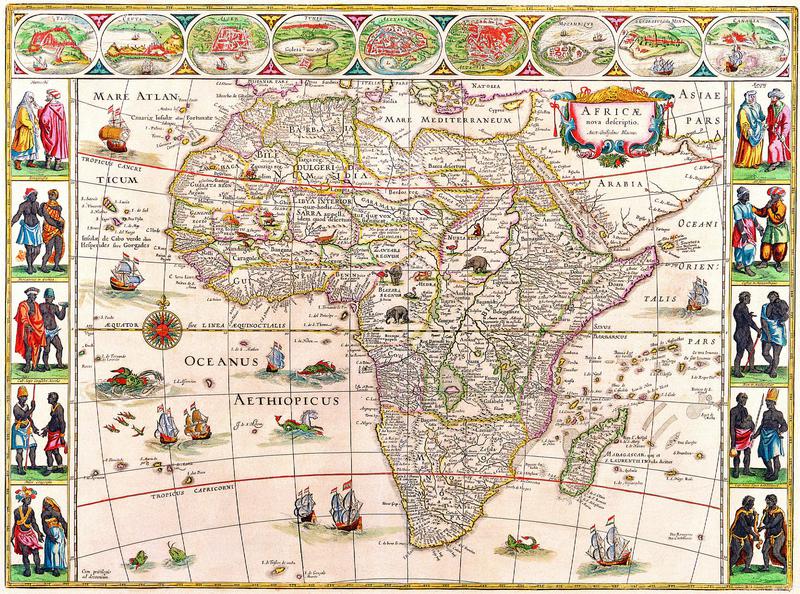O ver the decades, African universities, particularly the publicly funded ones, have played a significant role in developing human resources for state bureaucracies. Nonetheless, African universities have had minimal to zero impact on producing the people who can solve the developmental problems plaguing the African continent. In fact, the graduates turned out by these universities tend to perpetuate the status quo rather than transform the state organisations that employ them. They are imbued with a colonial sense of entitlement, lack problem-solving skills and demonstrate low levels of work productivity.
ver the decades, African universities, particularly the publicly funded ones, have played a significant role in developing human resources for state bureaucracies. Nonetheless, African universities have had minimal to zero impact on producing the people who can solve the developmental problems plaguing the African continent. In fact, the graduates turned out by these universities tend to perpetuate the status quo rather than transform the state organisations that employ them. They are imbued with a colonial sense of entitlement, lack problem-solving skills and demonstrate low levels of work productivity.
I want to argue for the conversion of existing classical African universities into developmental universities, using Ghanaian universities as a case study and addressing the question: considering the myriad social, economic and political problems confronting Ghana, what kind of university does it need?
The curricula, pedagogies and philosophical orientations of classical universities focus on preparing students for government employment. Private classical universities, in particular, derived their core mission from merely expanding access to university education, focusing primarily on teaching, preparation of students for professional fields (such as human resources, accounting, management, information technology and theology) and on profit-making. Ghana at this time needs “developmental universities”, not the classical universities that have dominated the higher education landscape since the attainment of political independence.
In a 1957 speech, Dr Kwame Nkrumah, the first president of Ghana, laid down the following vision for developmental universities for Ghana and the rest of Africa: “We must seek an African view to the problems of Africa. This does not mean that Western techniques and methods are not applicable to Africa. It means, however, that in Ghana we must look at every problem from the African point of view”. “Our whole educational system must be geared to producing a scientifically-technically minded people. Because of the limitations placed on us, we have to produce, of necessity a higher standard of technical education than is necessary in many of the most advanced countries of the Western world”.
Though teaching is part of the mission of developmental universities, it is not their dominant mission. Their dominant mission is research production, transmission and utilisation and preparation of students to engage in social and scientific research activities. It is through such research activities, as Dr Nkrumah rightly envisioned, that the problems of tropical Ghana in health, agriculture, sanitation, energy could be solved. In addition, a developmental university is not internally focused or stagnant but views itself as a developmental agent or node for development. Accordingly, it maintains partnerships with government, industry and community organisations.
Why developmental universities? First, Ghana’s developmental problems as a nation-state are still present. These include tropical diseases, grinding poverty, hunger, high infant mortality, low labour productivity. These developmental issues require the establishment of developmental universities in Ghana that are committed to making a contribution to the solution of these problems. Second, the social role of classical universities in Ghana has always been that of the reproduction of colonial relations rather than any transformation of those relations. They do not empower their students to critically interrogate and critique the colonial stockpile of knowledge. This does not imply that Euro-American or Asian bodies of knowledge are valueless to Africa, but that some of those bodies of knowledge are irrelevant given the context of African problems. Third, Ghana has many research institutes which are waste pipes, lying dormant and in dire need of leadership in scholarship, research and applied knowledge to make them productive and contributors to the country’s development.
In addition, a developmental university is not internally focused or stagnant but views itself as a developmental agent or node for development. Accordingly, it maintains partnerships with government, industry and community organisations.

